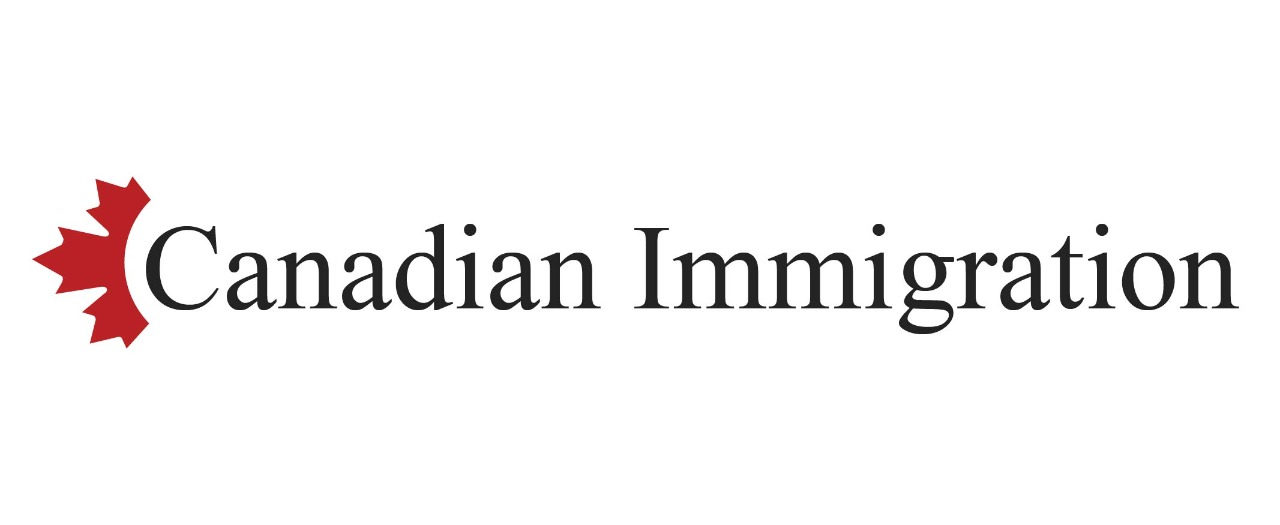A Labour Market Impact Assessment (LMIA) comprises a document needed to hire foreign workers in Canada. An LMIA is issued by Employment and Social Development Canada (ESDC) that evaluates the impact of recruiting a foreign national in Canada.
There is often a need to hire foreign workers in the industrial and other job sectors to fill the labor shortages. Therefore, Labour Market Impact Assessment (LMIA) is required to hire foreign workers to fill the vacant positions. Furthermore, the whole process is legal, and it is encouraged to obtain an LMIA.
-
Positive LMIA
When an LMIA is positive, it shows that currently, there is no Canadian citizen or resident available to hire, and it reflects the labor shortage. Therefore, when the LMIA is positive, the employer can hire a foreign national.
-
Negative LMIA
On the other hand, a negative LMIA shows that there are locals available to fill up the position. So, the job position should be accommodated by a Canadian citizen or permanent resident.
-
Who Can Apply For LMIA?
The foreign workers or nationals cannot directly apply for an LMIA. Instead of the foreigner, the LMIA documents should be applied to the Canadian employer when they want to hire foreign workers.
In some conditions, the employers can hire foreign nationals without needing an LMIA document. Whereas, in the foreign workers’ immigration streams, such as the Temporary Foreign Worker Program (TFWP), employers must obtain an LMIA.
Furthermore, certain immigration streams of Canada may require the applicants to provide a positive LMIA. In the case of a valid job offer from Canadian employers, the applicants are given extra points in the pool.
-
LMIA Application Process
The application begins with the employer residing in Canada. If the employer wants to hire a foreign worker, they have to apply for LMIA six months before the job’s start date.
The method for applying for an LMIA varies based on the payment of the individual being hired. Companies should examine their province’s or territory’s median hourly pay to see if their position is deemed high-wage or low-wage since low-wage occupations will need the firm to meet different standards.
Employers seeking LMIAs for certain sectors of work might choose from specialist streams. The streams include:
-
Hiring In-Home Caregivers
-
Hiring Agricultural Workers
-
Hiring Foreign Academics
-
Hiring within the province of Quebec
-
LMIA Application Requirements for Employers
The application can be submitted in hard copy or also by email. However, the primary requirements include the employers to demonstrate a proper working environment for the workers. The requirements include a legal business, meaning that the employer applying for an LMIA must have a legal business running in Canada and be a validated employer.
Furthermore, before employing a Temporary Foreign Worker, employers must show that they made significant attempts to seek Canadian citizens and permanent residents to fill the post.
-
LMIA Decisions
The decisions for issuing the LMIAs are made by Employment and Social Development Canada (ESDC) and then are forwarded to Immigration, Refugees, and Citizenship Canada (IRCC) for issuance.
Afterward, IRCC provides the applicant employer regarding the decision of LMIA. Following are some important factors that ESDC can consider while reviewing the LMIA:
- Impact of the foreign worker in the Canadian Labour Market, how the foreign worker can fulfill the labor shortage, and contribute to the Canadian Economy.
- Salaries/wages and working conditions provided to the foreign workers.
- The availability of local workers in Canada to work in the same position.
- The advantages of hiring foreign workers.
- Availability of newly created jobs for locals.
- Whether employing the foreign worker would result in a transfer of relevant knowledge and skills.
-
LMIA Validity
When ESDC issues a positive LMIA, the temporary foreign workers have six months to avail it and to apply for a Work Permit. There are no extensions in the period provided, and if the LMIA is expired after this duration, then the employers are required to apply for a new LMIA.
-
Duration of Employment Under LMIA
The validation of LMIA is different from the employment duration of LMIA. In the validity period, the foreign worker applicant must apply for a work permit; otherwise, it expires, and the process needs to be started again.
The duration of an LMIA’s employment determines the validity of a work permit granted with the LMIA.
When it comes to the length of time an LMIA works, there are three options:
- Only to support a work permit application.
- In order to support a permanent residency application, the term must be permanent. Work permits given under a permanent term LMIA are valid for a maximum of two years, assuming the candidate satisfies the LMIA’s conditions. Whether or not a permanent residency application is in the works, the work permit will not be renewed.
- A mix of permanent and temporary duration to assist both permanent residency and work permit applications.
-
Other LMIAs
-
Facilitated LMIA (Quebec)
The simplified LMIA procedure allows Quebec companies to apply for LMIAs without having to show that they tried to fill the post with a Canadian citizen or permanent resident. Learn more about what an assisted LMIA entails.
-
Global Talent Stream
The GTS helps select Canadian businesses acquire highly qualified overseas workers, allowing them to compete on a worldwide basis. Employers who are successfully recommended to the program will be able to use the Global Skills Strategy to speed up the recruiting process for foreign nationals.
-
Intra-Company Transfers
The International Mobility Program of Canada allows highly trained foreign people to work in Canada as intra-company transferees for a limited time. If a foreign citizen works for a firm outside of Canada, he or she may be eligible for an LMIA-exempt work visa to transfer to one of the company’s Canadian sites. All nations are subject to the intra-company transferee regulation.
-
NAFTA Work Permits
The North American Free Commercial Agreement (NAFTA) covers a wide range of trade agreements between Canada and the United States. NAFTA offers a one-of-a-kind opportunity for people of the United States and Mexico to work in Canada. Foreign citizens protected by NAFTA rules may be permitted to work in Canada without the need for an LMIA or a work permit.
-
CETA Work Permits
The Comprehensive Economic and Trade Agreement (CETA) between Canada and the European Union (EU) covers a wide range of trade procedures between the two countries. CETA gives a one-of-a-kind opportunity for people of EU countries to work in Canada. Foreign citizens covered by CETA rules may be able to work in Canada without the need for an LMIA or a work permit.


